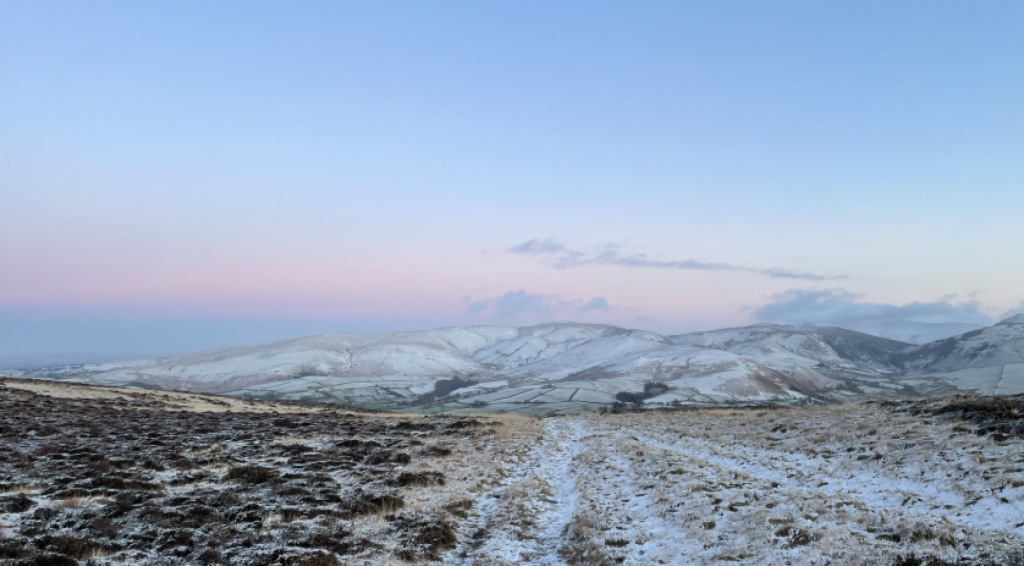
Jessica Ekomane creates situations where sounds acts as a transformative element for space and audience through the interplay of psychoacoustics, perception of rhythm structures and the interchange of noise and melody. She explores the relationship between individual perception and collective dynamics, and investigates listening expectations and their societal roots.
Jessica believes that there is a ritualistic aspect to listening to or making music, and that there’s an opportunity for community within it. Jessica has an interest in rhythm because of its bodily quality, its universally felt, its democratic. She believes that audio can be a way to transmit a complex idea through bodily knowledge, audio is a way of sharing and understanding knowledge.
Multivocal is an album consisting of two compositions. For the first composition, Solid of Revolution, Jessica created 13 different metronomes in Max MSP, they are all pulsating at 1 millisecond difference, each with a different note. This means that they start in uniform as one, but slowly, they start to faze into something different, the landscape is constantly changing. Ekomane states, ‘The piece is in a way always the same and always different’, this causes the audience’s perception of the piece to be less about waiting for the next event, and more about the process. Its about holding and releasing consciousness, if someone were to fall asleep or leave the room and come back, the piece would be the same but totally different. You don’t perceive the changes in the piece while you’re consciously listening to it, but if you leave the room for five minutes and come back then it will be completely different. Solid of revolution is played in quadraphonic and each note is played from one speaker. This makes the audience’s perception more spatial, it creates a melody in space. Its provoking trends through repetition that play with your bodily experience in the moment.
Jessica Is interested in the classic division of mind and body, she investigates this through trying to evoke thinking and feeling in her audience at the same time.
I think holding and releasing consciousness is what you do when you create any sound piece, but this piece isolates and elucidates this aspect of sound arts for the audience. This piece has influenced me to be mindful of how I hold and release consciousness in my work. Hopefully through understanding this piece I can play with the idea of structuring works in layers, some that demand the audiences immediate conscious perception, and some that can drift in and out of the audience’s conscious perception. I think framing sound art in this way will help me understand my effect on my audience and how I communicate my ideas.
Comedown is a piece exhibited in the Berghain. Jessica took elements of club music that are usually used to induce euphoria and collective intensity, and reformatted this musical language to create the opposite effect, a piece that builds but never drops, a piece that wants to start but never quite builds the momentum. This, for Jessica, is reminiscent of the social landscape of 2020. This ironic take on club music is driven through use of samples that re-enforce themes of money making, predators, war and hustling. This almost sarcastic use of samples ‘reflects some aspects of the social and economic system we are in’. It is about a system that is breaking down.
Citizen Band is a piece by Jessica made using a CB radio, a short distance communication radio, now mainly used by truck drivers. CB radio is completely public, anyone can tune in, and the conversations found can be very personal. Jessica tuned into American truckers having conversations and recorded them. She thought it would be interesting to dislocate this CB frequency to FM, national radio, where these conversations don’t really belong. Jessica values ‘placing one context into another’, and believes that ‘this can reveal certain hidden structures’.
https://www.jessicaekomane.com/Citizen-Band
I like the idea of finding beauty/interest in a private or unassuming place. It reminds me of the candid humanist photography of Henri Cartier Bresson. The element of his work that I love is the unbiased, uninterrupted glimpses into human life. I feel as though Jessica Ekomane has achieved the same effect through audio.
